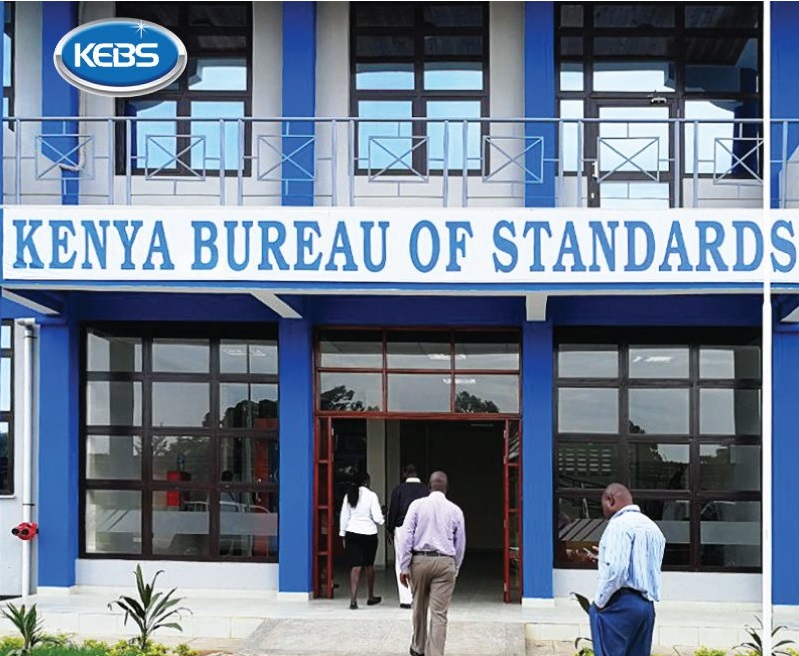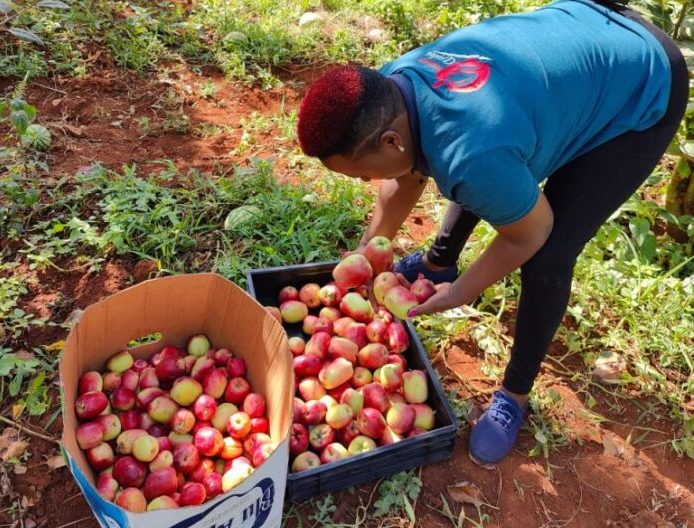The Kenya Bureau of Standards (KEBS) through the work of the Sensory Analysis Technical Committee (TC 026) has developed 48 standards on Sensory Analysis that can be applied by industry to carry out objective sensory evaluations. These standards, in the form of methods of test, guidelines and vocabulary, provide guidance for sensory test designs, conditions that need to be controlled, sample sizes, replications, and examples of statistical calculations, among other useful aspects.
Sensory analysis is a scientific discipline used to evoke, measure, analyze and interpret reactions to those characteristics of substances as they are perceived by the senses of sight, smell, taste, touch and hearing. With regard to the food/feed industry, sensory evaluation is a scientific discipline that objectively measures, analyses and evaluates human responses to the sensory properties of food, feed, and drinks – in terms of aspects such as appearance, touch, odor, aroma, texture, temperature and taste.
In the food and beverages industry, sensory analysis can be used for quality control/assurance, determining effects of ingredients/process conditions on a product, especially during product development or re-invention, flavor profiling, determining shelf life, gauging the readiness for product launch, assessing product success, and identifying the attributes driving consumer preferences. Sensory analysis is the sure test that is applied to distinguish superior flavors such as that of Kenya’s coffee and tea.
Since ancient times, sensory evaluation has been used for the purpose of accepting or rejecting different foods. In the modern age, companies and brands must use sensory testing to enhance the makeup of a new product to ensure that a product is ready for the market before final production cycles are implemented.
“Suffice to say that companies which do not undertake sensory analysis while developing their products, and yet expect these products to perform well in the market, are akin to a blindfolded person walking near a ditch – the products will definitely fail,” said KEBS.
Some of the Kenya Standards for sensory analysis are, KS ISO 20613:2019 Sensory analysis — General guidance for the application of sensory analysis in quality control / Sensory Analysis, KS ISO 8589:2007 Sensory analysis – General guidance for the design of test rooms. / Sensory Analysis, KS ISO 13300-1:2006 Sensory analysis – General guidance for the staff of a sensory evaluation laboratory – Part 1: Staff responsibilities. / Sensory Analysis and KS ISO 16779:2015 Sensory analysis-Assessment (determination and verification) of the shelf life of foodstuffs. / Sensory Analysis.
Others are KS ISO 18794:2018 Coffee-Sensory analysis-Vocabulary / Sensory Analysis, KS ISO 24114:2011 Instant coffee-Criteria for authenticity / Sensory Analysis, KS ISO 6668:2008 Green coffee – Preparation of samples for use in sensory analysis. / Coffee, KS ISO 7304-2:2008 Alimentary pasta produced from durum wheat semolina Estimation of cooking quality by sensory analysis Part 2: Routine method. / Sensory Analysis and KS ISO 7304- 1:2016 Durum wheat semolina and alimentary pasta-Estimation of cooking quality of alimentary pasta by sensory analysis-Part 1: Reference method. / Sensory Analysis.
According to KEBS Managing Director Lt Col (Rtd.) Bernard Njiraini, sensory analysis is useful for quality control, determining shelf life, gauging the readiness for product launch, assessing product success, flavor profiling, and identifying the attributes driving consumer preferences.
“Sensory analysis can be used to make important decisions around raw materials, ingredients, or additives and to make decisions about things like storage or packaging conditions, expiration or “best by” dates and product optimization. Sensory analysis has become increasingly accepted as a standard component of food testing. It is increasingly viewed as imperative for helping to ensure the quality and market success of food products. It can be applied at various stages of production and product development,” said Lt Col (Rtd.) Njiraini.
Read: Vehicles You Can No Longer Import in Kenya – Full List of New KEBS Restrictions
>>> Kinder Joy Products In Kenya Free From Salmonella – KEBS



![The expressway is a 27-kilometre toll road running from the Jomo Kenyatta International Airport (JKIA) to Westlands, Nairobi. [Photo/ NMG]](https://businesstoday.co.ke/wp-content/uploads/2022/05/images-67-150x150.jpeg)







Leave a comment